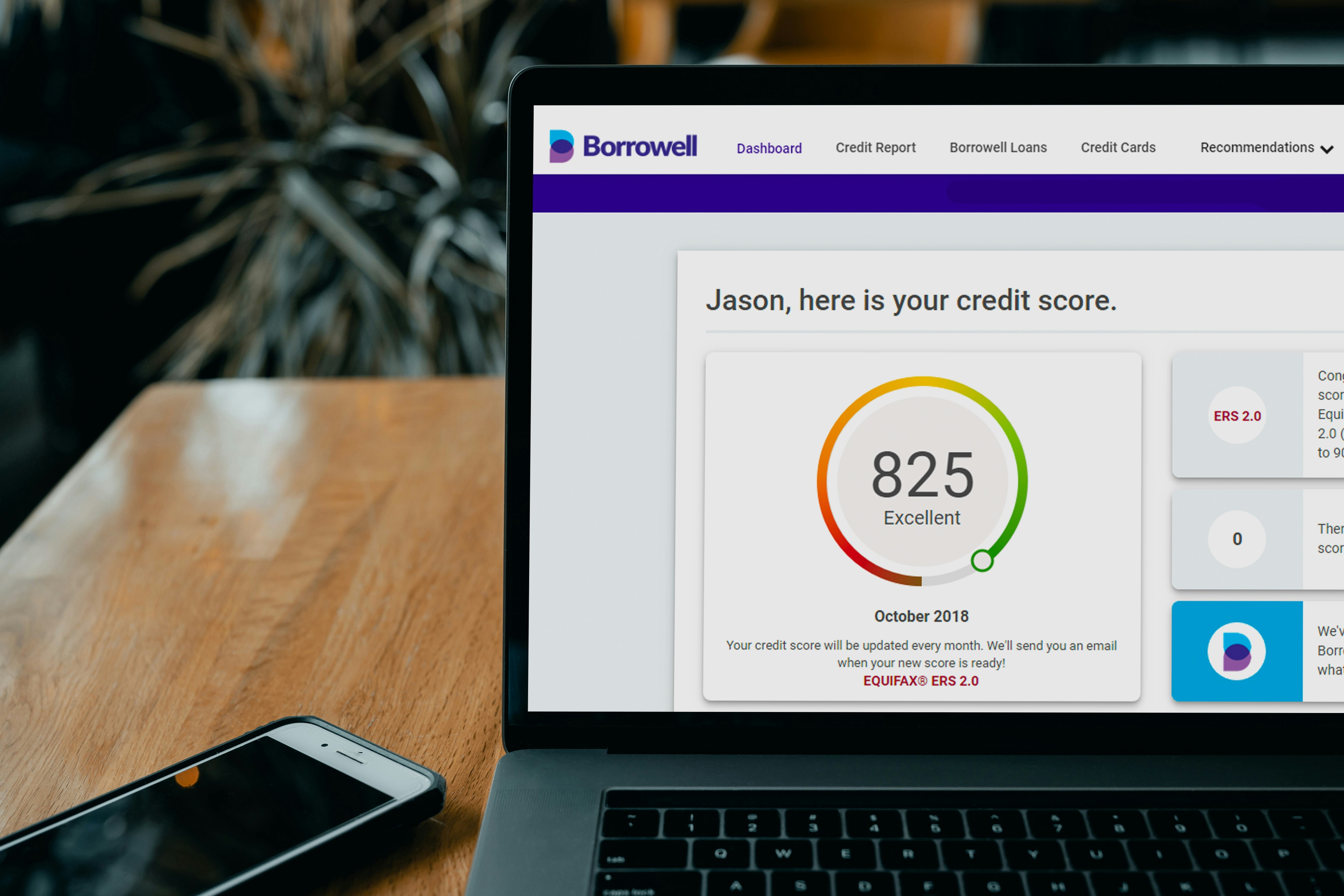Introduction to High-Deductible Health Plans
High-deductible health plans (HDHPs) are a type of health insurance that requires policyholders to pay a higher annual deductible compared to traditional health insurance plans. According to IRS guidelines, an HDHP is defined as a plan with a deductible of at least $1,500 for an individual and $3,000 for a family in 2023. These plans are designed to encourage individuals to take more charge of their health expenses, ultimately promoting more cost-conscious decisions regarding their care.
One of the most significant differences between HDHPs and traditional health plans lies in the premium costs. Typically, HDHPs feature lower monthly premiums, making them an attractive option for individuals and families seeking affordable insurance coverage. However, lower premiums often come with the trade-off of higher deductibles, meaning that consumers are responsible for a larger share of their medical expenses before insurance coverage kicks in. It is essential for potential enrollees to understand these distinctions when evaluating their health insurance options.
In addition to the higher deductible, out-of-pocket expenses in HDHPs can also vary significantly. Once the deductible is met, many plans offer coverage for a wide range of services, often requiring a co-pay or co-insurance for certain treatments. Moreover, individuals enrolled in HDHPs are usually eligible to contribute to Health Savings Accounts (HSAs), which allow pre-tax dollars to be set aside for qualifying medical expenses. This feature provides some financial flexibility, enabling individuals to mitigate potential costs associated with high deductibles.
Overall, understanding the fundamentals of high-deductible health plans is crucial as consumers evaluate their healthcare needs and options. The financial dynamics of HDHPs can be appealing for some, yet challenging for others, depending on their health circumstances and financial capacity to absorb initial healthcare costs.
Understanding the Costs: Premiums and Deductibles
High-deductible health plans (HDHP) are increasingly becoming a popular choice among consumers due to their lower monthly premiums compared to traditional health insurance plans. The lower premium costs can make HDHPs an attractive option for individuals looking to save on regular healthcare expenses. However, the trade-off for these lower premiums is the higher deductible that policyholders must meet before their insurance coverage comes into effect.
A deductible is the amount an individual must pay out-of-pocket for healthcare services before the insurance plan starts to cover a portion of the costs. In the case of HDHPs, the deductible can be significantly higher than that of standard health plans, often exceeding several thousand dollars. This means that individuals must carefully consider their potential healthcare needs and financial capacity to pay these out-of-pocket costs. For those who are generally healthy and do not foresee needing extensive medical services, an HDHP may present a cost-effective solution.
However, the implications of having a high deductible are significant when unexpected medical issues arise. For individuals with chronic health conditions or those who require regular medical care, the initial financial burden associated with meeting the deductible can lead to difficult healthcare decisions. Many may choose to delay necessary treatments or skip preventative care to avoid incurring excessive costs prior to reaching their deductible threshold.
Ultimately, understanding the financial implications of HDHPs, including their premiums and deductibles, is essential for consumers who wish to make informed decisions about their healthcare coverage. Balancing the appealing lower monthly premiums against the potentially high out-of-pocket expenses can be a decisive factor in determining whether a high-deductible health plan is a suitable choice for individuals and families alike.
Potential Benefits of High-Deductible Health Plans
High-deductible health plans (HDHP) have gained popularity in recent years, partly due to their unique structure that offers several potential advantages to policyholders. One of the primary benefits of these plans is the lower monthly premiums compared to traditional health insurance policies. This reduced cost can be particularly appealing for individuals who are generally healthy and do not require frequent medical care. By choosing a high-deductible plan, these individuals can allocate their savings towards other essential expenses or investment opportunities.
Another significant advantage of HDHPs is the ability to contribute to Health Savings Accounts (HSAs). HSAs allow individuals to set aside pre-tax dollars that can be used to pay for qualified medical expenses. With the rising costs of healthcare, having an HSA can provide a financial cushion for unexpected health-related expenses. Additionally, funds contributed to an HSA can roll over from year to year, accumulating tax-free, thus providing long-term savings potential. This feature aligns well with those who choose high-deductible health plans and are proactive about managing their healthcare finances.
Furthermore, HDHPs often empower consumers by providing greater choice and control over their healthcare decisions. With a higher deductible, individuals tend to shop around for medical services, seeking the best value for their healthcare dollars. This increased consumer involvement can lead to more informed choices about providers and treatments, potentially resulting in a more efficient healthcare experience. In essence, the advantages of high-deductible health plans, such as lower premiums, the benefits of HSAs, and heightened consumer choice, can be compelling reasons for individuals who do not anticipate needing significant medical attention to consider this type of coverage.
Drawbacks of High-Deductible Health Plans
High-deductible health plans (HDHPs) have gained popularity due to their lower premium costs and attractive features. However, they also present several drawbacks that potential enrollees should consider. One primary concern is the substantial out-of-pocket expenses that individuals may incur before reaching their deductible. This financial burden can deter individuals from seeking necessary medical care, leading them to defer treatments or doctor visits due to cost considerations. Such deferred care may cause minor health issues to escalate into more significant problems over time, ultimately resulting in worse health outcomes.
Additionally, the unpredictable nature of healthcare costs is another significant drawback associated with HDHPs. Unlike traditional health plans where out-of-pocket costs can be more predictable, individuals enrolled in high-deductible plans may face unexpected financial strain, especially in the case of a medical emergency. Many individuals may underestimate their healthcare needs, which can lead to budget constraints when faced with sudden medical expenses that exceed their anticipated expenditures.
Furthermore, high-deductible health plans can disproportionately affect lower-income individuals and families. Although they might save money on premiums, the high deductibles can limit access to necessary care, which may lead to delays in diagnosis and treatment. For those with chronic conditions, the costs can become overwhelming, leading to poor compliance with treatment regimens. This situation raises the concern that while HDHPs may appear to be a cost-effective choice initially, they may impose significant financial risks over time. These factors underscore the importance of thoroughly evaluating personal healthcare needs and financial situations before committing to a high-deductible health plan.
Who Should Consider an HDHP?
High-deductible health plans (HDHPs) are increasingly popular among individuals seeking to balance their monthly premiums and out-of-pocket costs. However, they are not suitable for everyone. Potential candidates for an HDHP generally include younger, healthier individuals or families who do not face chronic health issues that require frequent medical attention. These individuals often benefit from lower monthly premiums while being able to absorb the higher deductibles that come with these plans.
Age plays a significant role in determining whether an HDHP is a good fit. Younger adults, particularly those in their twenties or thirties, often have fewer health concerns, making them ideal candidates for this type of insurance. As people age, the likelihood of developing health problems increases, which can make high-deductible plans less appealing. Additionally, individuals who value preventive care and are proactive in managing their health are better suited to navigate the financial responsibility of an HDHP.
Health status is a crucial factor as well. Individuals without existing medical conditions or those who do not expect to require extensive healthcare services may find that an HDHP aligns well with their financial situation. Those who are generally healthy and do not need regular prescriptions or treatments can take advantage of the flexibility and potential cost savings offered by high-deductible plans.
Income level must also be considered. Families or individuals with a stable financial situation who can afford to pay higher deductibles are more likely to benefit from an HDHP. They should ensure they have sufficient savings to cover out-of-pocket costs, especially in the event of an unexpected medical emergency. Lastly, risk tolerance cannot be overlooked, as the ability to take on potential financial risks is a significant determinant for those considering high-deductible health plans.
Real-Life Scenarios: HDHP vs. Traditional Plans
When evaluating high-deductible health plans (HDHP) versus traditional health insurance options, real-life scenarios can provide critical insight into their long-term financial impact. One illustrative example can be seen in the case of a young professional who chooses an HDHP with a lower monthly premium. During the first year, this individual experiences only minor health issues, such as seasonal allergies and a routine check-up. Here, the lower premiums associated with the HDHP appeal to budget-conscious consumers. However, should a significant health event arise, the financial burden from the high deductible may pose a challenge. In this scenario, the individual could benefit from the health savings account (HSA) often paired with HDHPs, allowing for tax-free growth of funds earmarked for medical expenses.
In contrast, consider a family covered under a traditional health plan with a higher monthly premium but a lower deductible. In one instance, this family encounters unexpected medical issues when their child requires emergency surgery. Thanks to the traditional plan structure, they are able to access care without facing the substantial out-of-pocket expenses seen with an HDHP. However, over time, they may pay more cumulatively in premiums compared to the individual with the HDHP who, despite the high initial costs during emergencies, may benefit from lower overall health care expenses in years of good health.
Furthermore, for older adults who frequently utilize medical services, the financial implications can vary widely. With repeated doctor visits and specialized treatments, a traditional health plan could prove to be more cost-effective in the short term. Yet, if their health stabilizes over years, opting for an HDHP may gradually lead to lower costs overall, especially when combined with proactive health management and preventive care.
Ultimately, these scenarios highlight the importance of carefully evaluating individual health circumstances, expected medical needs, and financial goals when choosing between high-deductible health plans and traditional options.
Health Savings Accounts (HSA): A Key Component
Health Savings Accounts (HSAs) are specifically designed to work in conjunction with high-deductible health plans (HDHPs), offering policyholders a means to manage their healthcare expenses efficiently. An HSA enables individuals to set aside funds on a pre-tax basis, which can then be utilized for qualified medical expenses. This distinctive feature not only lowers taxable income but also provides a method for budgeting healthcare costs in the context of an HDHP.
Eligibility for an HSA is contingent upon enrollment in an HDHP, which the IRS defines based on certain deductible thresholds. For 2023, individuals must have a deductible of at least $1,500, while families must have a deductible of $3,000 or more. Moreover, account holders cannot possess other health coverage that is not an HDHP, ensuring that the HSA is indeed utilized towards high-deductible plans. Once eligibility is determined, individuals can contribute up to $3,850 per year for self-only coverage and $7,750 for family coverage, with an additional catch-up contribution of $1,000 available for those aged 55 and older.
The tax advantages of HSAs are particularly appealing. Contributions are made before federal income tax is deducted, resulting in significant tax savings. Furthermore, funds in an HSA grow tax-free, and withdrawals for qualified medical expenses are also exempt from taxation. This triple tax advantage allows account holders to not only fund their current health needs but also save for potential future medical expenses, ultimately reducing the financial burden associated with high deductibles. Additionally, unused funds roll over year after year, allowing for long-term savings potential that can aid in retirement planning concerning healthcare costs.
In conclusion, HSAs serve as a critical support mechanism for those enrolled in high-deductible health plans, enabling individuals to effectively manage their healthcare expenses while taking advantage of considerable tax benefits.
Making the Decision: Evaluating HDHPs for Your Needs
When considering whether a high-deductible health plan (HDHP) is the right choice, it is essential to evaluate your personal healthcare needs and financial situation meticulously. An HDHP typically features lower monthly premiums but requires a higher out-of-pocket expense before insurance coverage kicks in. This reality necessitates a thorough assessment of your medical history, expected health costs, and lifestyle choices.
First, reflect on your health status. Do you have chronic conditions that require regular medical attention? If so, an HDHP might not be the most suitable option, as the higher deductible could result in significant expenses before coverage begins. In contrast, individuals who are generally healthy and who visit the doctor infrequently may find that an HDHP aligns well with their budget, allowing for savings on monthly premiums.
Your financial situation plays a critical role in this decision-making process. Determine how much you can comfortably set aside for healthcare expenses each year. HDHPs are often compatible with Health Savings Accounts (HSAs), allowing you to save tax-free money to cover qualified medical expenses. If you plan to use an HSA, consider how much you can afford to contribute, as this investment can help mitigate the financial impact of the higher deductible.
Additionally, assessing your risk profile is necessary. If you are inclined to anticipate potential healthcare episodes, such as surgeries or illnesses, an HDHP may not provide adequate coverage during those moments of need, potentially leading to unexpected financial strains. Conversely, if you prefer to rely on savings for a healthy lifestyle and don’t expect significant medical expenses, an HDHP could minimize your insurance costs effectively.
Ultimately, weighing these factors will guide you in determining whether a high-deductible health plan (HDHP) is appropriate for your situation. Careful consideration will enable you to make an informed choice that aligns with both your health needs and financial capacity.
Conclusion: Is an HDHP Worth It?
In evaluating the worth of high-deductible health plans (HDHP), several critical factors demand consideration. Firstly, it is essential to understand that HDHPs can offer lower monthly premiums, making them an appealing choice for individuals and families who anticipate lower healthcare costs in a given year. However, the potential for higher out-of-pocket expenses due to the elevated deductible is a point that cannot be overlooked, especially for those with chronic conditions or individuals who frequently require medical attention. Therefore, assessing one’s health situation and financial readiness is crucial.
Moreover, HDHPs are often paired with Health Savings Accounts (HSAs), which allow policyholders to save tax-free funds for qualified medical expenses. This feature can provide significant long-term benefits, especially when budgeting for healthcare. However, the limitations and rules surrounding HSAs also necessitate understanding, as not everyone will be able to maximize these accounts effectively. Therefore, it is imperative to weigh both the benefits of potential tax savings and the constraints that may come with managing an HSA.
For younger, healthier individuals or those with stable and predictable healthcare needs, such plans may prove advantageous, allowing them to keep premium costs low while saving for emergencies. Conversely, older adults or those with more complex health needs may find the risks outweigh the benefits, leading to higher unexpected costs. In conclusion, the decision on whether an HDHP is worth it largely hinges on individual circumstances, health status, and financial goals. A thoughtful analysis of these elements can aid in making an informed choice about whether to enroll in a high-deductible health plan.







